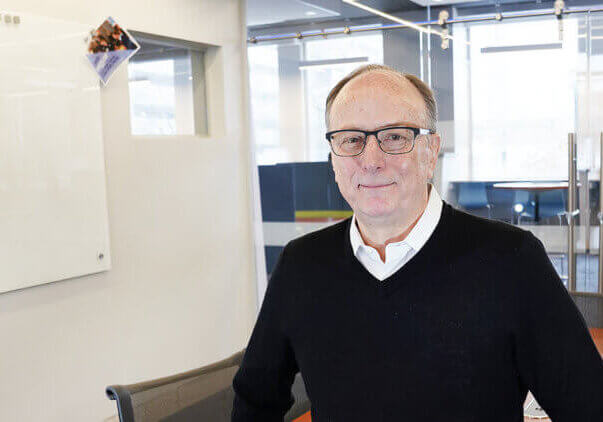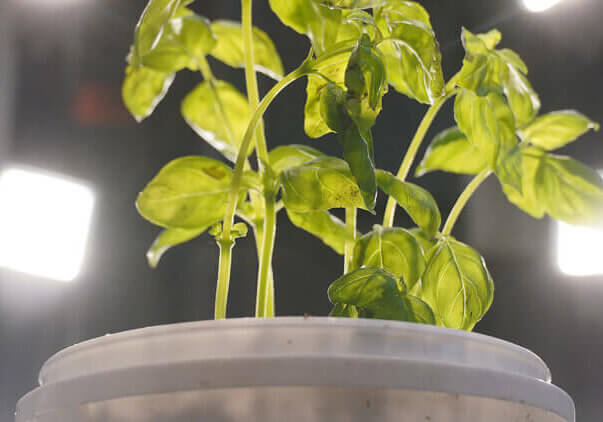R
eturning in person for 2022, the annual Purdue Ag Alumni Fish Fry on April 30 is highly anticipated for many, but perhaps none more so than Purdue University presidential fellow Dr. Jerome Adams.

In his second semester as the university’s first executive director of health equity initiatives after serving as the 20th U.S. surgeon general, Adams said he is excited to be at Purdue and to be the keynote speaker for this year’s fish fry.
“One of the strengths that drew me to this role was the College of Agriculture,” Adams said. “We’ve seen over the years, and particularly during this time of COVID-19, that poor nutrition in this country has put us at risk for many diseases. I am excited to explore the concepts of food as medicine and food for health, and I believe Purdue can be a national leader in this space.”
Adams said the energy he has felt on Purdue’s campus as he heads to his office each day is unmatched to any other university’s campus he has been on.
“One of my favorite memories has to be walking to my office only to be passed by a group of students dancing in costumes through campus, which I learned is apparently a weekly Purdue tradition,” he said. “I have been a guest speaker in several classes, and students do not pull any punches when it comes to asking challenging questions. It really allows me to think outside of the box and challenge them to do the same. I love seeing and helping them innovate and change the world.”
Through the pandemic, Adams said one of the biggest things that has suffered is in-person communication--something he is eager to get back to at the fish fry.
“Science has been nothing short of miraculous during these past few years. We are literally putting learning and innovation into practice in real time,” Adams said. “There is something special about seeing people in person, to shake their hand and touch their shoulder, and to have that side conversation about how the family is doing. All these things are part of the fabric of life, and while we have been trying to keep people safe from COVID-19, people have been suffering from loneliness and depression. But we now have the knowledge and tools to gather in a manner that is safer than ever.”
The desire for in-person events is something Adams understands as well, regularly making the trip into his office on campus to maintain a daily routine.
“My office was like a ghost town when I started,” he said. “But being here, there is a level of excitement that stems from President Daniels and the Board of Trustees who have maintained in-person classes for Purdue.”
Adams said he is pleased that circumstances are now much safer to host the annual meeting, and he’s eager to share his passion for agriculture with every attendee.
“One of the things I’ll talk about is growing up on a farm in rural Maryland. I want people to understand that even though I am a doctor and former surgeon general, our missions are very closely aligned,” he said. “What I bring to the table are all lessons learned on our family farm back in the day, all of which helped me get to where I am today.”
Professor seeks to build academic bridges between scientists
With over 30 years spent at Purdue University, Thomas Hertel, distinguished professor of agricultural economics, has many professional milestones that timestamp his career. The most recent one is the announcement that he has received the Humboldt Research Award by the Alexander von Humboldt Foundation in honor of his career dedicated to researching the global impacts of trade, climate and environmental policies. The award will enable Hertel to spend six months conducting research in Potsdam, Germany.
Read Full Story >>>

